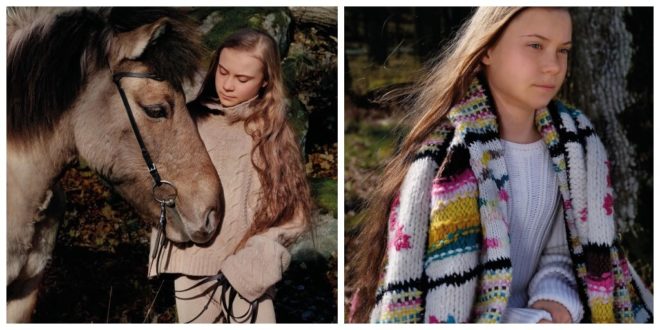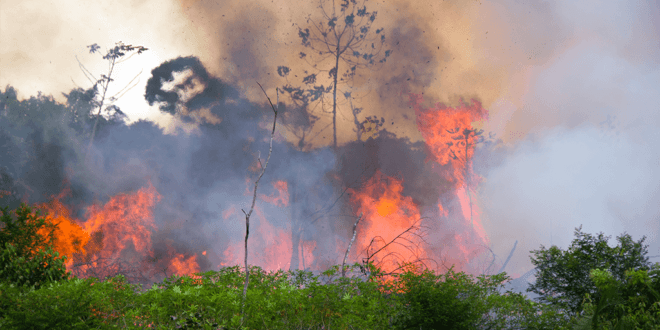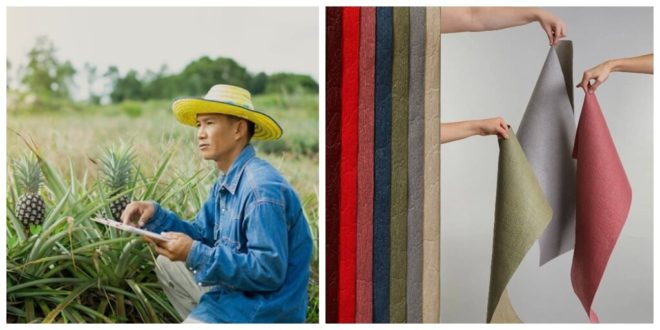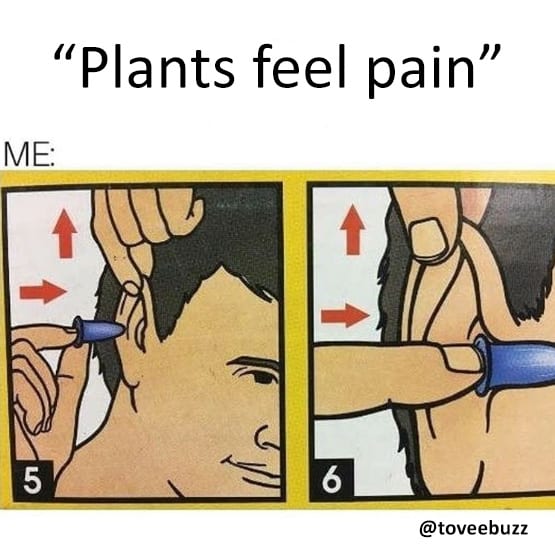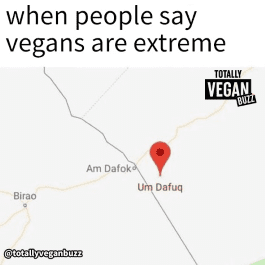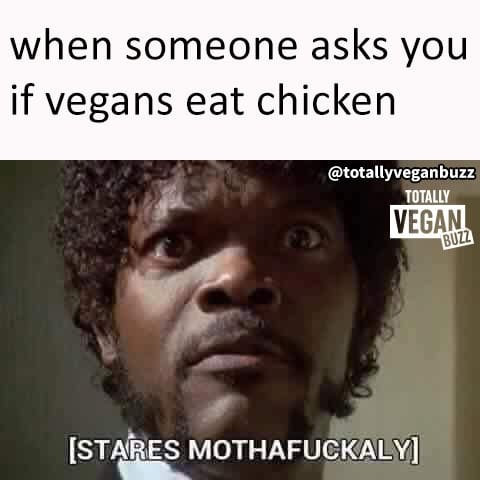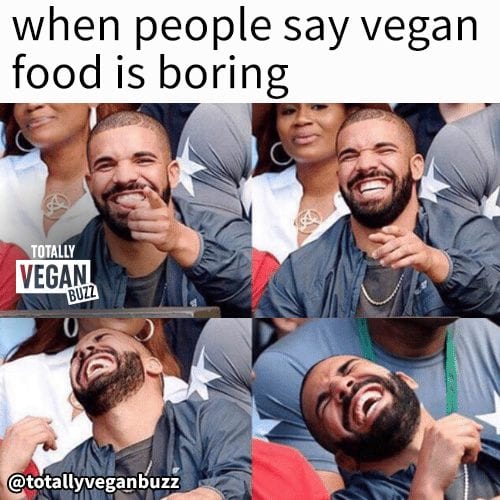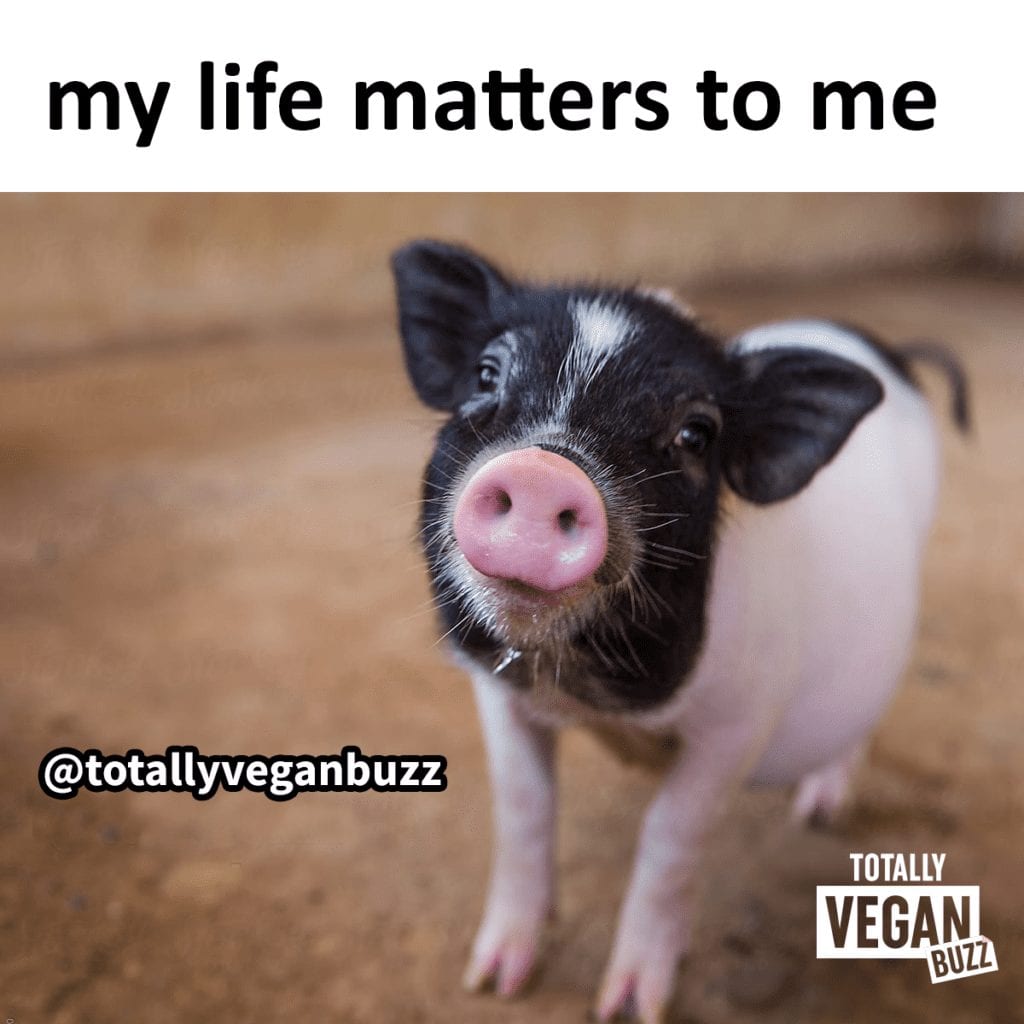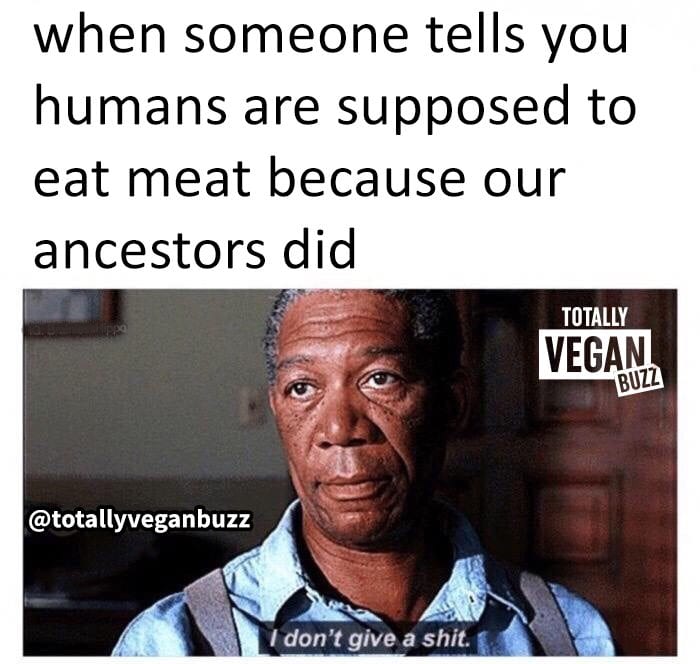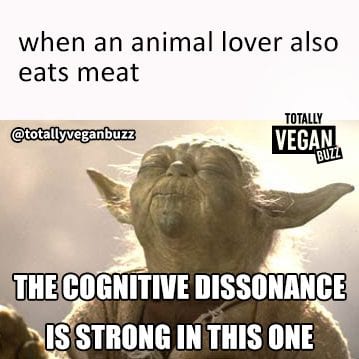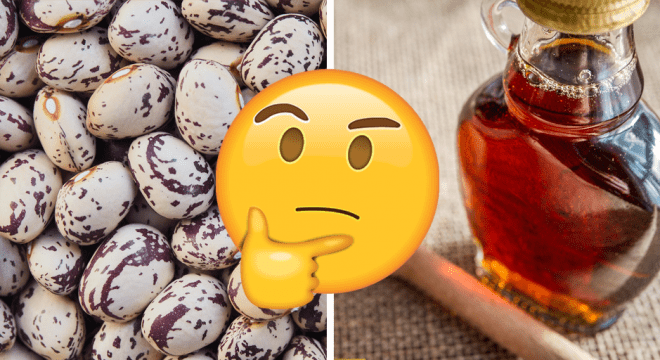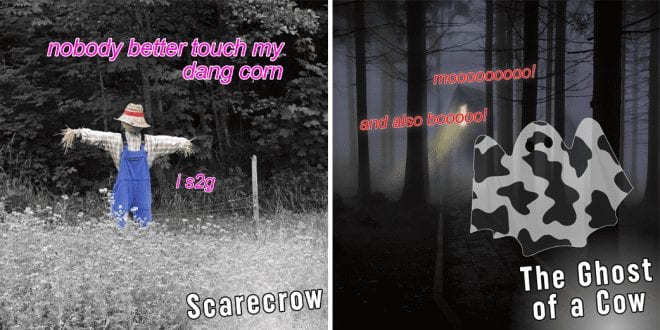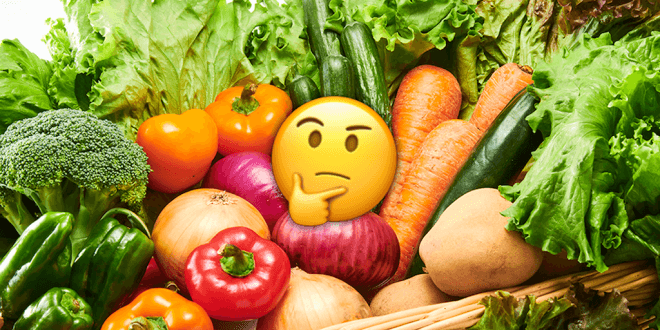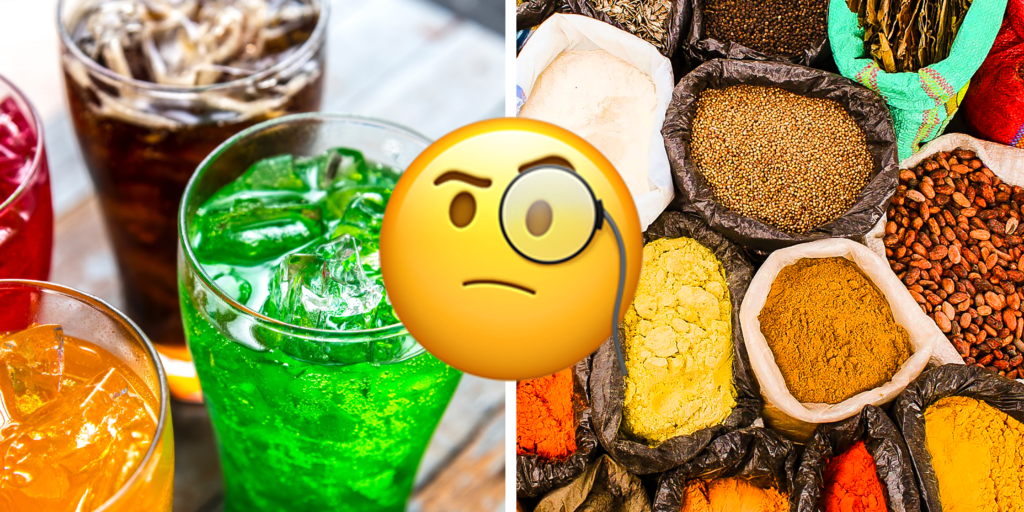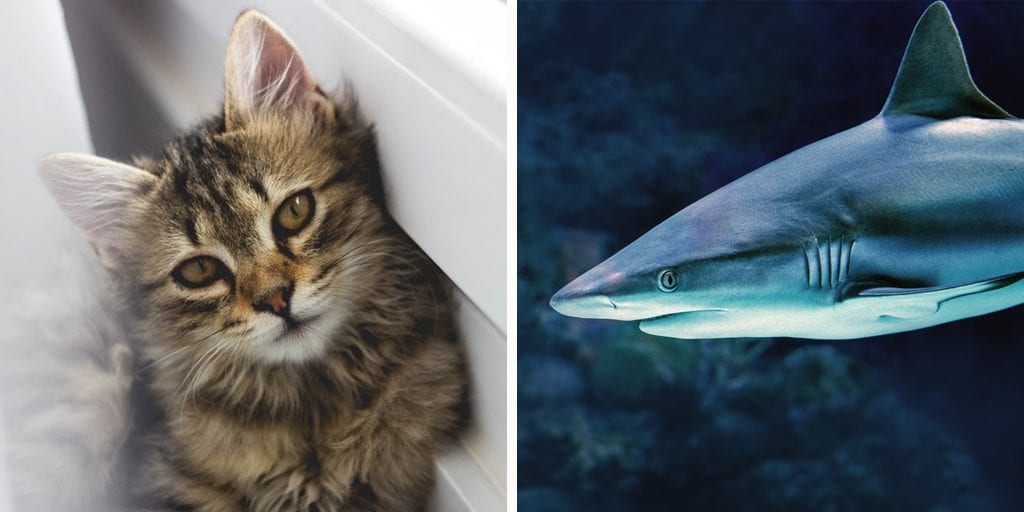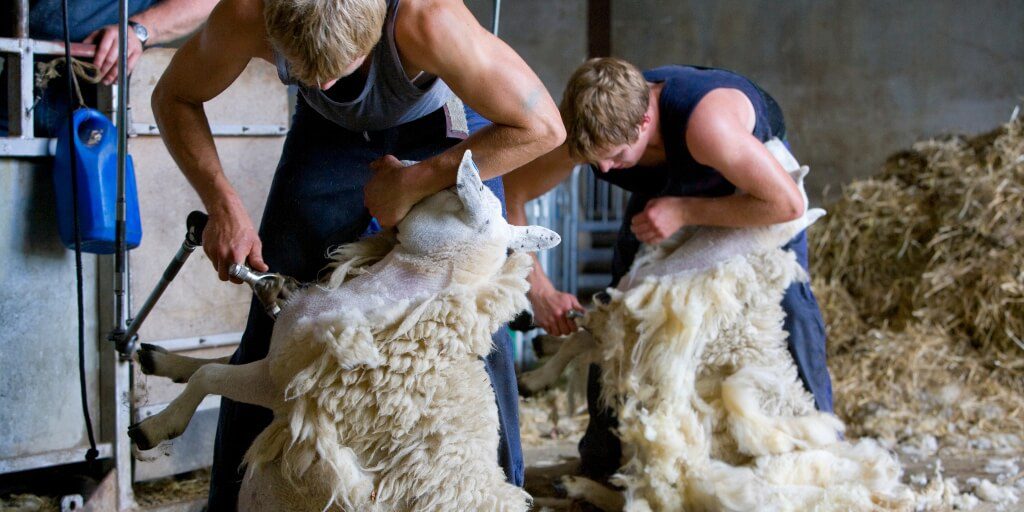
According to the report, the average climate cost of sheep’s wool is 3 times greater than acrylic and more than 5 times greater than conventionally grown cotton.
Wool production plays a key role in biodiversity loss and climate change, a new report reveals.
Titled Shear Destruction: Wool, Fashion and the Biodiversity Crisis, the study shows that that wool is not a fiber simply provided by nature but a product of modern industrial, chemical, ecological and genetic processes.
The report has been prepared in partnership between the Center for Biological Diversity and Collective Fashion Justice’s CIRCUMFAUNA.
Report findings
Researchers compared wool to other materials used in similar types of clothing. They found that the average climate cost of sheep’s wool is 3 times greater than acrylic and more than 5 times greater than conventionally grown cotton.
Moreover, wool uses 367 times more land per bale than cotton. Also, the chemically intensive process of cleaning shorn wool kills aquatic life and pollutes waterways.
The report concluded that the wool industry, which has successfully promoted a false perception that fabric made from sheep hair is ‘natural, traditional, and sustainable’, is anything but eco-friendly.
‘Inefficient, unsustainable and exploitative industry’
Stephanie Feldstein is the population and sustainability director at the Center for Biological Diversity and co-author of the report. She said; “The industry has been pulling the wool over our eyes for decades, claiming that wool is a sustainable fiber.
“Wool clothing comes with a heavy price tag of greenhouse gas emissions, land use, biodiversity loss, and pollution. Nothing about wool is sustainable.”
Emma Hakansson, Collective Fashion Justice founding director and co-author of the report added: “Sheep grazing pasture land may seem innocent and natural, but sheep are introduced, bred and eventually slaughtered while the grazed lands are degraded and prevented from thriving.
“There’s nothing natural about this inefficient, unsustainable and exploitative industry.”
Stop wool’s outsized impact on biodiversity
The Center for Biological Diversity and Collective Fashion Justice are now calling on the fashion industry to ditch wool out or reduce its use by at least 50% by 2025.
The organisations are also urging the fashion players to research, develop and promote innovative eco-friendly materials that do not depend on fossil fuel-derived fibers (like acrylic, polyester and nylon).
Furthermore, they say that companies using wool must be more transparent about their impact on the planet. In an analysis by Collective Fashion Justice of 50 top brands using “sustainability” terms to market their wool products, only 28% backed up the claim with any kind of reference.
Joshua Katcher, founder of the CIRCUMFAUNA initiative and co-author of the report said: “We need to have an honest discussion about wool’s outsized impact on biodiversity loss and climate change and transition to plant-derived and high-tech innovative materials that don’t take such a big toll on native species and the climate.”
Share this story: ‘Nothing about wool is sustainable’ – report debunks the fabric’s eco-friendly myth.
About The Author
Lifestyle
Vegan culture, food, beauty & more
Is Tobey Maguire vegan? Here’s what we know
- Mohsina Dodhiya
- 17th August 2023
Tobey Maguire often speaks about veganism and animal issues. Tobey Maguire, the actor best known for playing Spider-Man in the Sam Raimi trilogy, is a vegan. He has been a vegetarian since 1992 and became a vegan in 2009. A lifelong commitment to animal rights Maguire’s decision to go vegan was motivated by his love …
Continue reading “Is Tobey Maguire vegan? Here’s what we know”
Plant-based food jobs surge with 32% growth in just 3 months
- Mohsina Dodhiya
- 17th August 2023
The number of open jobs advertised in the plant-based industry increased by almost a third from April to July 2023, GlobalData reported. The plant-based food industry is booming, and this is reflected in the number of job openings in the sector. According to data from GlobalData, the number of open jobs advertised in the plant-based …
Continue reading “Plant-based food jobs surge with 32% growth in just 3 months”
VEGAN MEMES
NEED A LAUGH?
QUIZZES
All the quizzes you love to binge!
QUIZ: If you score 11/12 on this quiz, you’re a verified vegan food expert
- Marlon Farrugia
- 10th January 2020
How much vegan knowledge do you have stored away? Do you have to Google your way through a shopping trip, or do you have all the bad E-numbers memorised? Find out now with this quiz.
QUIZ: What is your perfect Vegan Halloween Costume?
- Marlon Farrugia
- 13th October 2019
Spook Season approaches. There will be ghosts, goblins, ghouls, and glucose. You need a costume, and you want to it to show off your personality, which means VEGAN. But what to choose? Take our quiz to find out your perfect outfit.
QUIZ: What kind of vegetable are you?
- Marlon Farrugia
- 26th September 2019
“If you were a vegetable, what kind would you be?” A question that has tormented humanity throughout the ages – until now. Read: QUIZ: If you score 19/20 on THIS quiz, you’re a Vegan God



